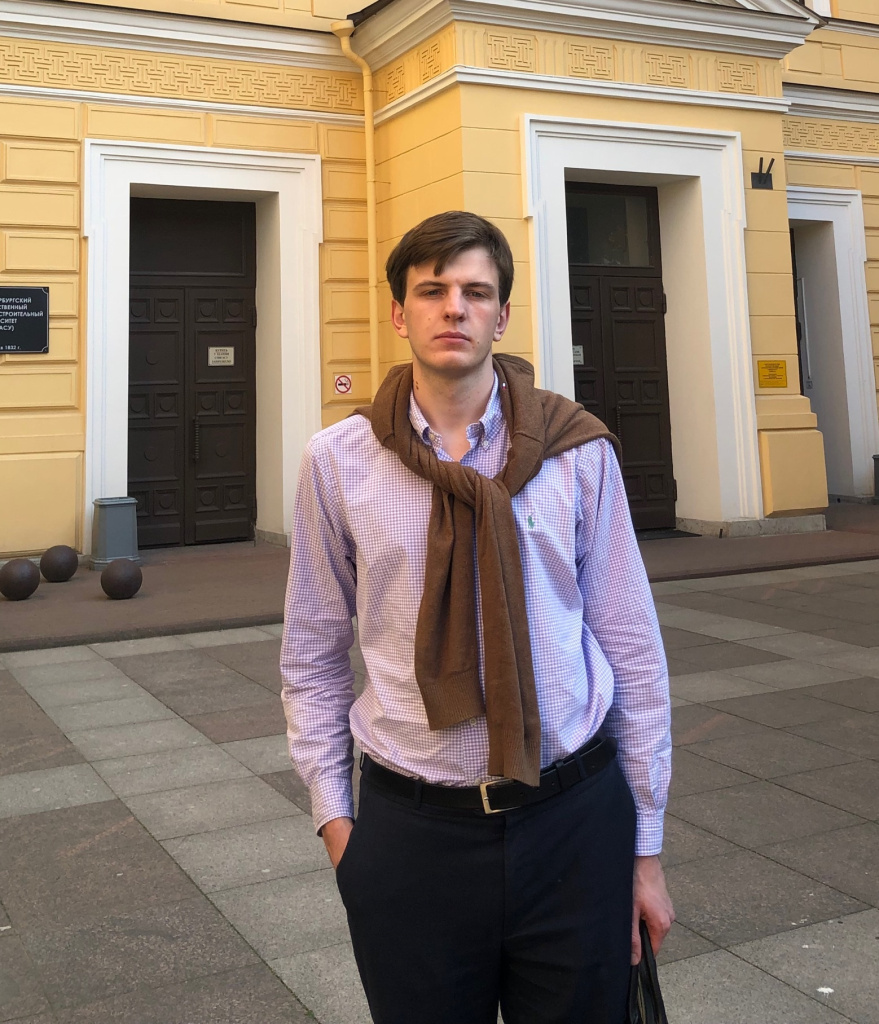 Viktor Kuzmin
Viktor KuzminViktor Kuzmin is completing his master's program at the Faculty of Environmental Engineering and Municipal Services. For the first time he came to the university nine years ago: as a schoolboy, for three years he studied at the preparatory faculty of architecture. Then there were four years of bachelor's study, two years of master's study. And, probably, the master's degree is not yet the end of his scientific path at SPbGASU.
Viktor's master's thesis is called "Mutual influence of pipelines in the calculation of infiltration flow." The graduate spoke about its tasks.
– The path of water supply and sewerage engineers is different from the path of architects who study at our university. The world of water and sanitation is less poetic, but that doesn't mean there's nothing inspiring there.
The topic of the thesis was suggested to me by my supervisor, associate professor at the Department of Water Use and Environment Vladimir Petrovich Verkhoturov. Under his guidance, I am writing my second diploma.
The work is devoted to groundwaters entering leaky sewer pipes (such waters are called infiltration). Perhaps the topic does not sound very inspiring, but the more I immerse myself in the subject of groundwater movement, the more unsolved problems open up.
Everyone has seen a well at least once in their life or heard that one should not spit there, but no one has a complete and absolute understanding of the calculation of the inflow of groundwater to it. Of course, there are calculation methods, dependencies that are accurate enough for applied problems, but if you think more broadly, you can ask yourself many interesting questions. I mention this because infiltration is a particular aspect of the big theory of groundwater filtration.
St Petersburg has 9582.7 kilometers of sewerage networks: if you drive a car at a speed of 60 kilometers per hour without a break, then it will take you more than six days to drive past all the pipes. Now imagine that at least 2 milliliters (the volume of a sampler of women's perfumes) of water can flow for each meter of the pipe, the method for calculating the inflow of which has not yet been fully developed. You can calculate how much water in total will be in such an extensive network. Not to mention the fact that groundwater affects the properties of soils, and this affects the foundations of buildings. My research is part of the work to solve this problem.